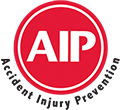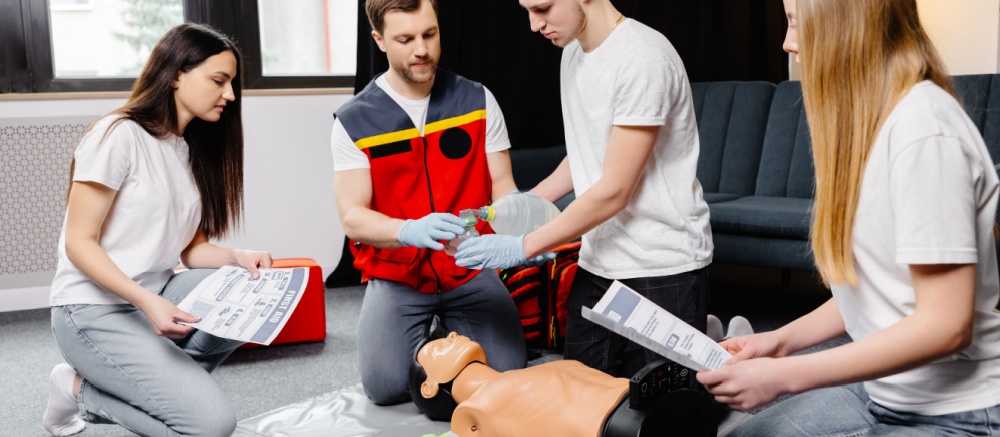As a hospitality professional, you may not immediately think that having a first aid course on your resume would be helpful, but first aid training is invaluable.
Whether you are working in a hotel, as a tour operator, or as an event planner, the skills and ability to respond quickly and effectively to medical emergencies may be the difference between life and death. The fast-paced and guest-oriented nature of these careers means that unexpected incidents, like burns, choking, or slips and falls, are all too common.
With first aid training, hospitality professionals are better equipped to provide immediate care, helping to ensure the safety of all guests and colleagues.
Key Benefits of First Aid Training in Hospitality and Tourism
Enhances Guest Safety
For hotel staff, first aid training is critical in responding to emergencies like choking incidents, burns in the kitchen, or cardiac events. Quick intervention can prevent further injury and potentially save lives, elevating the overall safety of the establishment. Similarly, tour operators often guide groups in remote areas, where immediate medical assistance likely isn’t readily available, making first aid skills a crucial part of guest care.
Prepares for Diverse Medical Situations
The variety of medical emergencies that can arise in hospitality settings is broad, ranging from allergic reactions to asthma attacks or even mental health crises. First aid training prepares staff to handle these different scenarios with confidence. For example, event planners must be ready to address incidents like food poisoning at large gatherings or provide basic life support in case of sudden health issues.
Builds Confidence in Handling Emergencies
Employees trained in first aid can act with speed and composure during emergencies. This confidence is especially beneficial when large numbers of guests are present, such as in hotels or during tours, where chaotic situations can arise. By knowing how to administer CPR, use an automated external defibrillator (AED), or manage wounds, hospitality professionals can maintain control and ensure a positive outcome.
Boosts Career Opportunities
First aid certification is so valuable to include on a resume, making professionals more attractive to potential employers in the hospitality and tourism sectors. Many employers prioritize candidates with first aid skills, knowing they contribute to a safer and more efficient working environment. Additionally, those with specialized first aid training can take on leadership roles during emergencies, further advancing their careers.
Reduces Legal Risks
First aid training can also reduce liability for businesses in the hospitality and tourism industries. Properly trained staff members can minimize the severity of incidents and prevent costly legal claims related to negligence or insufficient emergency response.
First Aid Training for Hospitality Professionals
First aid training is a huge asset to a successful career in hospitality and tourism. It ensures guest and staff safety and enhances job performance and career growth. Whether you’re working in a hotel, organizing events, or leading tours, being prepared for medical emergencies will make you a more effective and reliable professional in the industry.
By completing the Standard First Aid Level C with CPR and AED course with AIP Safety, you’ll gain invaluable life-saving skills and earn a 3-year certification, equipping you to confidently respond to emergencies at work.
This comprehensive 2-day course, offered in partnership with Red Cross Canada, covers essential first aid, CPR for adults, children, and babies, as well as AED training. Whether you’re looking to meet job requirements or simply want to be prepared, this training ensures you’re ready to handle a variety of medical situations. Sign up today to take the first step in becoming a certified first aider.

